
Volvo XC40 Fuel Consumption: Complete Efficiency and MPG Guide (2019–2025)
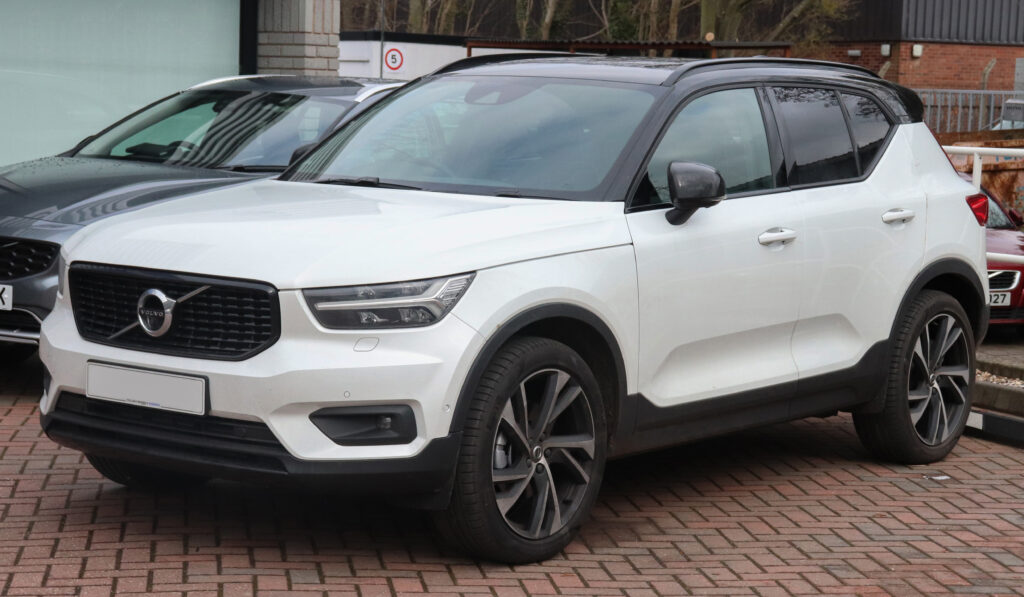
The Volvo XC40 stands as one of the most balanced compact luxury SUVs in today’s market, combining Scandinavian refinement with real-world efficiency. Whether you drive a mild-hybrid petrol, plug-in hybrid, or the fully electric EX40, understanding your vehicle’s fuel consumption is essential to managing running costs and maximizing performance.
- Overview: The Efficiency Philosophy Behind the XC40
- Volvo XC40 Fuel Consumption by Powertrain
- Comparative Fuel Consumption (2019–2025 Evolution)
- Real-World MPG vs Official Figures
- Factors That Influence Volvo XC40 Fuel Consumption
- Comparing XC40 Efficiency to Competitors
- Tips to Maximize Fuel Efficiency in the XC40
- Volvo XC40: Efficiency Meets Everyday Practicality
- Conclusion: Is the Volvo XC40 Fuel Efficient?
Overview: The Efficiency Philosophy Behind the XC40
Volvo engineered the XC40 to deliver comfort and practicality without sacrificing fuel economy. Since its debut in 2017, it has transitioned from traditional diesel and petrol powertrains to hybrid and electric systems, aligning with Volvo’s vision of full electrification.
From the early T2 and D3 engines to the latest B3 and B4 mild hybrids, the XC40 provides efficiency that rivals the BMW X1 and Audi Q3 — while maintaining Volvo’s signature smoothness and safety focus.
Volvo XC40 Fuel Consumption by Powertrain
Below is a detailed breakdown of real-world MPG and km/L figures for popular XC40 models from 2021 to 2023, based on both official and user-reported data.
You may be interested in reading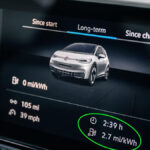 Tesla Model Y Miles Per kWh: A Deep Dive into Efficiency and Everyday Range
Tesla Model Y Miles Per kWh: A Deep Dive into Efficiency and Everyday Range1. Mild-Hybrid Petrol Engines (B3, B4)
| Model & Year | Transmission | Combined MPG | City (Urban) | Highway (Extra-Urban) | Combined km/L |
|---|---|---|---|---|---|
| XC40 B3 Core (2022) | Auto | 36.6 | 25.4 | 42.7 | 15.6 |
| XC40 B4 AWD Plus (2022) | Auto | 34.4 | 23.7 | 40.3 | 14.6 |
| XC40 B4 Ultimate (2022) | Auto | 36.2 | 25.6 | 43.4 | 15.4 |
| XC40 B4 AWD Inscription (2021) | Auto | 36.6 | 25.4 | 42.7 | 15.6 |
These engines combine a 2.0-litre turbocharged petrol unit with a mild-hybrid system that recovers braking energy, improving urban efficiency. Expect real-world averages between 30–35 mpg, depending on driving style and wheel size.
2. Plug-In Hybrid (T4 and T5 Recharge)
| Model & Year | Transmission | Combined (Official) | Electric Range | Real-World Average |
|---|---|---|---|---|
| XC40 T4 Recharge (2022) | Auto | 117 mpg (WLTP) | 28–30 miles | ~60–70 mpg |
| XC40 T5 Recharge (2022) | Auto | 134 mpg (WLTP) | 31 miles | ~70–80 mpg |
Although official figures appear sky-high, plug-in hybrid performance depends heavily on how often you recharge the battery. Daily urban drivers who charge regularly can achieve exceptional efficiency; however, long-distance motorway trips will lower consumption to around 45–50 mpg.
3. Fully Electric Variant: Volvo EX40 (Formerly XC40 Recharge)
| Model | Battery | Range (WLTP) | Equivalent Efficiency | CO₂ Emissions |
|---|---|---|---|---|
| EX40 Single Motor | 69 kWh | 290 miles | ~3.9 mi/kWh | 0 g/km |
| EX40 Twin Motor | 82 kWh | 334 miles | ~3.8 mi/kWh | 0 g/km |
Transitioning to the EX40 offers zero-emission motoring with competitive range and regenerative braking that extends battery efficiency. Its energy use is roughly equivalent to 120–130 MPGe.
Comparative Fuel Consumption (2019–2025 Evolution)
| Year | Engine Type | Average Combined MPG | CO₂ Emissions (g/km) |
|---|---|---|---|
| 2019 | Petrol / Diesel | 42.1 | 151 |
| 2020 | Petrol / Mild-Hybrid | 39.4 | 147 |
| 2021 | Mild-Hybrid | 36.6 | 151 |
| 2022 | Plug-In Hybrid | 117–134 | <50 |
| 2023 | Electric (EX40) | — | 0 |
The XC40’s evolution clearly reflects Volvo’s shift from traditional combustion toward electrified mobility. Diesel engines were discontinued after 2020, replaced by cleaner B-series petrol hybrids and later the Recharge plug-ins.
You may be interested in reading Tesla Model Y Miles Per kWh: A Deep Dive into Efficiency and Everyday Range
Tesla Model Y Miles Per kWh: A Deep Dive into Efficiency and Everyday Range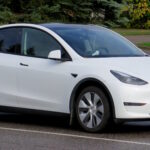 Tesla Model Y Max Speed: Complete Performance and Specification Breakdown
Tesla Model Y Max Speed: Complete Performance and Specification BreakdownReal-World MPG vs Official Figures
Official WLTP figures are often optimistic. Based on independent testing and owner data:
- City driving tends to return 28–33 mpg for B4 AWD models.
- Highway cruising can achieve 40–44 mpg, depending on load and speed.
- Plug-in hybrids, when charged nightly, can average 65–75 mpg overall.
- Electric variants maintain impressive efficiency, with consumption averaging 16–18 kWh/100 km.
Factors That Influence Volvo XC40 Fuel Consumption
- Driving Style – Smooth acceleration and early gear changes can improve fuel economy by up to 15%.
- Tyre Size and Pressure – Larger 20–21" wheels increase rolling resistance. Maintain correct tyre pressures (36–39 psi).
- Load and Cargo – Roof boxes, bikes, and heavy luggage add aerodynamic drag.
- Climate Control Usage – Air conditioning or heated seats impact efficiency, especially in hybrids.
- Software Updates – Volvo frequently refines engine mapping and hybrid system logic to optimize consumption.
Comparing XC40 Efficiency to Competitors
| Model | Combined MPG | CO₂ (g/km) |
|---|---|---|
| Volvo XC40 B4 AWD | 36 mpg | 151 |
| BMW X1 sDrive20i | 41 mpg | 144 |
| Audi Q3 35 TFSI | 40 mpg | 146 |
| Mercedes-Benz GLA 200 | 42 mpg | 141 |
| MINI Countryman Cooper S | 39 mpg | 150 |
While the XC40 trails slightly behind in pure combustion efficiency, it compensates with exceptional comfort, safety systems, and a more refined hybrid transition. For plug-in hybrid and electric versions, the XC40 outperforms most of its German rivals in urban economy and low-emission performance.
Tips to Maximize Fuel Efficiency in the XC40
- Use Eco driving mode and enable the Start/Stop feature in city traffic.
- Keep your tyres properly inflated and rotate them every 10,000 miles.
- Regularly update the vehicle’s Sensus or Google-based system software.
- Use regenerative braking wisely on hybrids and EVs to recover energy.
- Avoid unnecessary idling — the mild-hybrid system already manages restarts efficiently.
Volvo XC40: Efficiency Meets Everyday Practicality
Beyond economy numbers, the XC40 is celebrated for its usability. Its compact proportions, large boot space (452 litres), and advanced driver-assistance systems make it an ideal companion for city commutes and long trips alike. Even with AWD variants, the XC40’s fuel performance remains consistently competitive across years.
Conclusion: Is the Volvo XC40 Fuel Efficient?
Absolutely — especially when aligned with Volvo’s latest hybrid and EV technology. While traditional petrol variants deliver 30–40 mpg, plug-in hybrids easily double that figure with consistent charging. The all-electric EX40 completes the brand’s efficiency journey with zero emissions and class-leading smoothness.
You may be interested in reading Tesla Model Y Miles Per kWh: A Deep Dive into Efficiency and Everyday Range
Tesla Model Y Miles Per kWh: A Deep Dive into Efficiency and Everyday Range Tesla Model Y Max Speed: Complete Performance and Specification Breakdown
Tesla Model Y Max Speed: Complete Performance and Specification Breakdown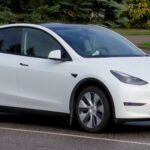 Tesla Model Y 0–60 Time: Complete Acceleration & Quarter-Mile Breakdown (2020–2025)
Tesla Model Y 0–60 Time: Complete Acceleration & Quarter-Mile Breakdown (2020–2025)Whether you value comfort, safety, or sustainable driving, the Volvo XC40 offers one of the most balanced efficiency profiles in the premium compact SUV segment.
If you want to know other articles similar to Volvo XC40 Fuel Consumption: Complete Efficiency and MPG Guide (2019–2025) you can visit the category Driving.
Leave a Reply


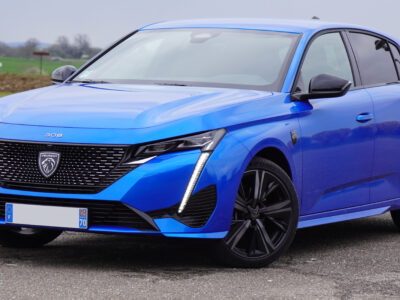
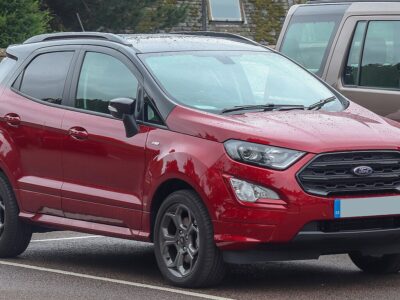
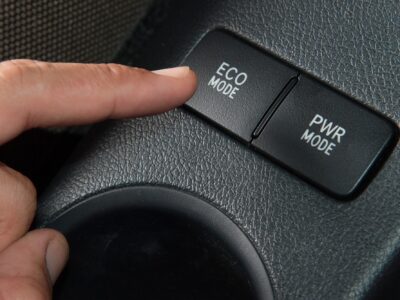
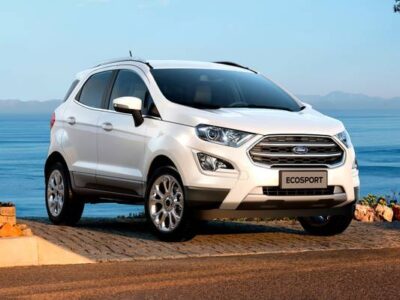
More content of your interest